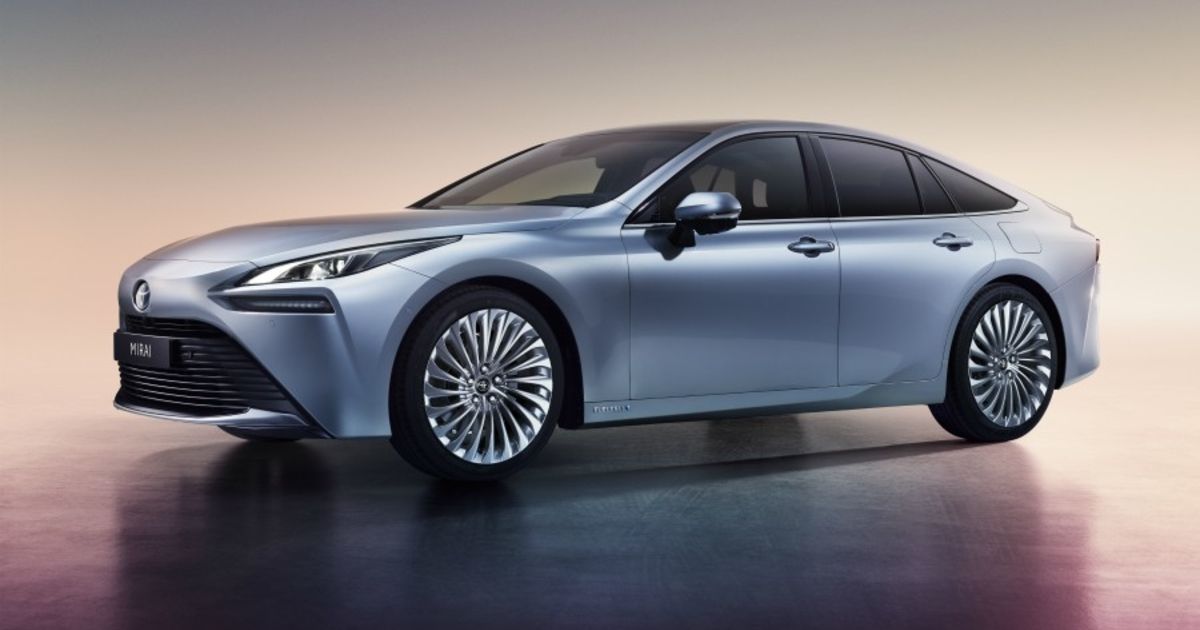
TOYOTA, Japan — Toyota Motor Corp. pushed back against critics who say it has been slow to embrace electric vehicles, arguing it needed to offer a variety of powertrains to suit different markets and customers.
At its annual general meeting on Wednesday, the world’s largest automaker by sales doubled down on its position that it would stick with technologies including fuel cells and full-hybrid vehicles that have for the past two decades made it a leader in cleaner cars.
Once a favorite with environmentalists for the Prius full-hybrid it popularized more than two decades ago, Toyota has come under fire from some investors for not phasing out gasoline-powered cars and its lobbying on climate policy.
“The goal is carbon neutrality,” Toyota Chief Technology Officer Masahiko Maeda told the meeting, responding to questions submitted by Danish pension fund AkademikerPension, which also asked Toyota to refrain from lobbying to undermine the transition to full-electric vehicles.
However, “customers need to choose,” Maeda said, in order to popularize electrified cars that include plug-in hybrid. A variety of options should be available and the automaker should not narrow those down, he said.
Toyota argues that hybrids still make sense in markets where infrastructure is not ready to support a faster move to EVs and is exploring the viability of green fuels for internal combustion engine cars, including hydrogen.
There is a gap between Toyota, which approaches decarbonization in a “pragmatic” way, and environmental groups that call for immediate action, said Seiji Sugiura, a senior analyst at Tokai Tokyo Research Institute.
The positions are not polar opposite, he said, adding Toyota has been working to slash greenhouse gas emissions from the vehicle production stage.
The company last year committed to spend 8 trillion yen ($60 billion) by 2030 to electrify its cars, half of which is for the development of full-electric vehicles.
Still, Toyota expects annual sales of such cars to reach only 3.5 million vehicles by the end of the decade, or around a third of current sales.
Just last month, The automaker rolled out its first mass-produced full-electric vehicle domestically, albeit for lease only as gasoline-electric hybrid models remain far more popular in Japan.
Toyota rival Nissan, an early pioneer in the move to EVs with its Leaf hatchback, is also making a more methodical transition toward becoming electric-only. In a recent interview with Automotive News Europe, the automaker’s Europe chief, Guillaume Cartier, said the company is renewing its lineup with a mix of vehicles that include full-electric drivetrains and its e-Power hybrid technology.
Toyota — which sold 10.5 million vehicles in 2021, far outstripping closest rival Volkswagen Group — has repeatedly cut production this year, plagued by a global chip crunch.
It expects the chip shortage to continue, although there are signs of improvement, head of its purchasing group, Kazunari Kumakura, said Wednesday.